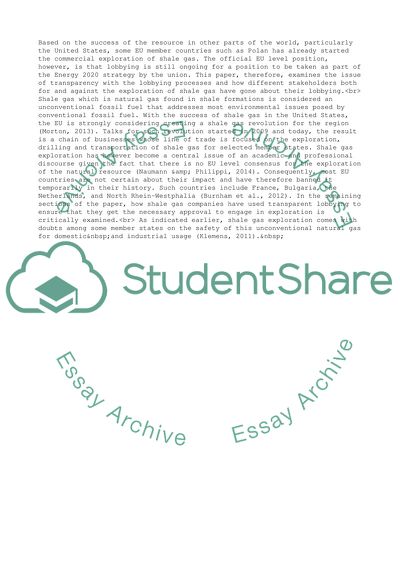Cite this document
(“European Business: Using an extended example of an issue or an Essay”, n.d.)
European Business: Using an extended example of an issue or an Essay. Retrieved from https://studentshare.org/business/1673085-european-business-using-an-extended-example-of-an-issue-or-an-industry-discuss-why-and-how-european-businesses-engage-in-lobbying
European Business: Using an extended example of an issue or an Essay. Retrieved from https://studentshare.org/business/1673085-european-business-using-an-extended-example-of-an-issue-or-an-industry-discuss-why-and-how-european-businesses-engage-in-lobbying
(European Business: Using an Extended Example of an Issue or an Essay)
European Business: Using an Extended Example of an Issue or an Essay. https://studentshare.org/business/1673085-european-business-using-an-extended-example-of-an-issue-or-an-industry-discuss-why-and-how-european-businesses-engage-in-lobbying.
European Business: Using an Extended Example of an Issue or an Essay. https://studentshare.org/business/1673085-european-business-using-an-extended-example-of-an-issue-or-an-industry-discuss-why-and-how-european-businesses-engage-in-lobbying.
“European Business: Using an Extended Example of an Issue or an Essay”, n.d. https://studentshare.org/business/1673085-european-business-using-an-extended-example-of-an-issue-or-an-industry-discuss-why-and-how-european-businesses-engage-in-lobbying.


